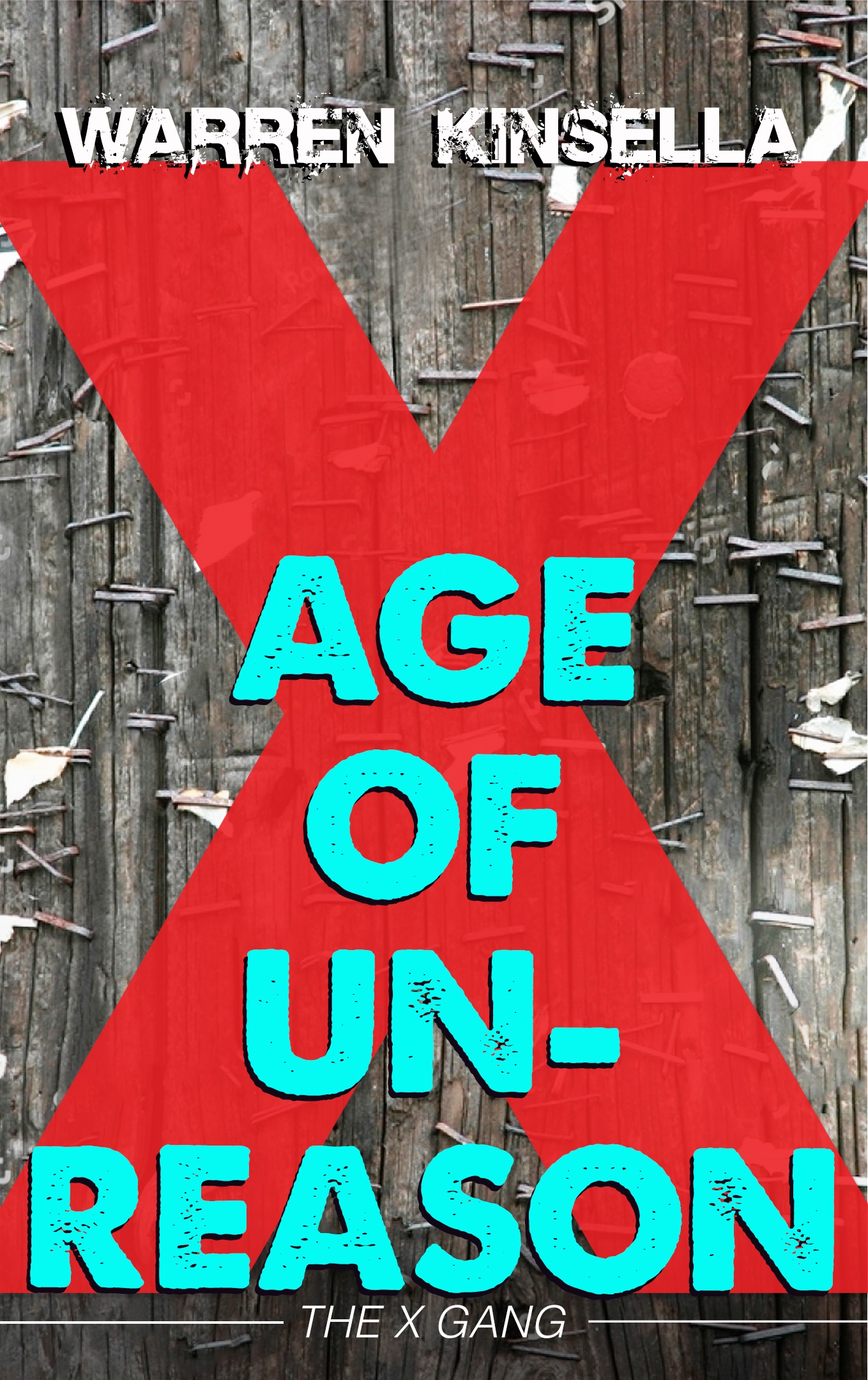How Justin Trudeau could lose
In it for you.
It’s the New Democrats – now a sad shadow of their former selves – who, ironically, came up with the best slogan for the 2019 federal election campaign: in it for you.
That’s what just about every election campaign is about, this one included. Which party best understands the lives of everyday Canadians. Which leader actually has the best understanding of the struggles your family faces every single day.
Justin Trudeau is at a big disadvantage, here. That’s because Justin wasn’t simply born with silver spoon in his mouth.
It was more like a silver shovel.
Trudeau is the guy who likes to talk about the middle class, a lot. But he has never, ever actually experienced the middle class. Trudeau has never had to worry about paying the rent, or coming up with the next mortgage statement.
He has never wondered where he’ll get the dough to pay a hydro bill. He has never wanted for anything. His life has been one of mansions, private jets, and hanging out with celebrities like the Aga Khan.
Against Andrew Scheer – who grew up in a big immigrant Catholic family, and whose family didn’t have the wealth Trudeau did – the Liberal leader will likely appear privileged and out-of-touch. Scheer worked as a waiter and a salesman.
Trudeau, meanwhile, wears a $15,000 IWC Portuguese Regulateur watch and drives a Mercedes-Benz 300SL he got from his Dad. (Which, apparently, can sell for millions.)
Who is in it for me – who best understands my life?
If the 2019 election ballot question becomes that question, Justin Trudeau is deep, deep trouble. Smart Liberals know this. That’s why Trudeau rolls up his sleeves, and loosens his tie, and rarely wears a suit when on the campaign hustings. That’s why he talks about the middle class all the time.
But not all Liberals are smart.
Last week, some less-than-smart Grits revealed a big poster of Finance Minister Bill Morneau wearing an expensive, tailor-made bespoke suit, tugging at what looked like French cuffs and pricey cufflinks. It didn’t exactly scream “middle class.”
By this week, Liberals had pasted over that unhelpful image with campaign posters.
But the deeply-dumb Liberals weren’t done yet. Shortly afterwards, some of them actually cooked up a hashtag to mock Andrew Scheer’s comparatively-humble beginnings. One of them, a Liberal MP – the heretofore unknown Gagan Sikand, soon to be the former MP for Mississauga-Streetsville – actually tweeted this: “Scheer Was So Poor he had to buy his Conservative Values second-hand from Stephen Harper.”
Sikand, a lawyer, actually wrote that. He actually tweeted that. It was the 2019 campaign’s Beer-and-Popcorn moment: people with more, making fun of people who have less.
Lots of other Liberals went online, too, giddily promoting the “Scheer Was So Poor” hashtag.
It recalled late 2005, when this writer was huddled on a cold bench at a hockey rink somewhere, waiting out a son’s early-morning practice. A revelation hit me: the Liberals were Starbucks, and the Conservatives were Tim Horton’s. The Tories were going to win with a campaign that was aimed at the Tim’s crowd, not the latte-sipping elites who frequent Starbucks. And win they did.
No one should ever underestimate Justin Trudeau’s retail political skills. No one should ever discount his party’s organizational chops.
But if this race truly becomes who is really “in it for you?”
Then Justin Trudeau is going to lose it.




